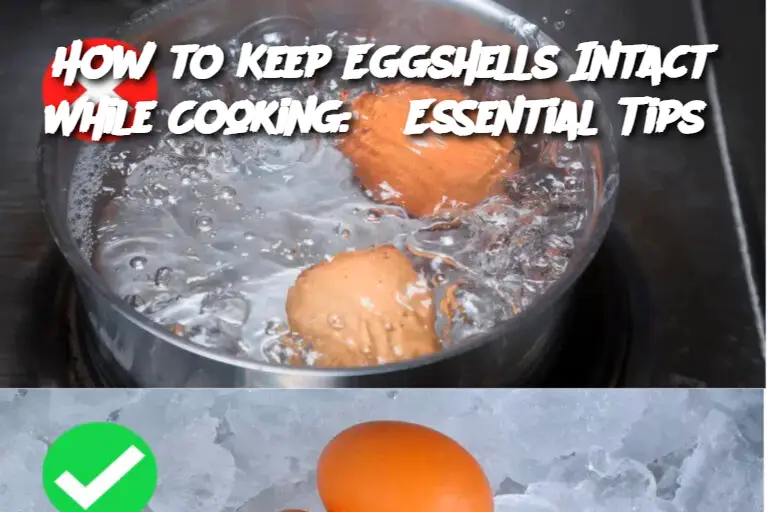ADVERTISEMENT
For a soft-boiled egg with a runny yolk, reduce the cooking time to 4-5 minutes. Follow the same techniques to prevent cracking but be sure to monitor the water temperature carefully.
Hard-Boiled Eggs:
For a firm yolk, boil the eggs for 10-12 minutes. You can also add a teaspoon of baking soda to the water to make peeling easier once cooked.
Poached Eggs with a Twist:
Add a splash of cream or herbs to the poaching water to infuse additional flavor into the egg whites.
FAQ:
Why do eggshells crack during boiling?
Eggs crack when exposed to sudden changes in temperature, excessive movement in boiling water, or overcrowding in the pot. Gradually heating the eggs and providing enough space can prevent this.
Is it better to boil eggs straight from the fridge or at room temperature?
It's best to let your eggs come to room temperature before boiling them. This minimizes the risk of cracking caused by the sudden temperature difference between the cold egg and hot water.
Can I use any vinegar for poaching eggs?
You can use any type of vinegar (white vinegar, apple cider vinegar, etc.) for poaching eggs. The vinegar helps to set the egg whites, ensuring a neater and more stable poach.
How can I easily peel hard-boiled eggs?
After boiling, let the eggs cool in cold water for a few minutes. Cracking the eggs gently and rolling them on the counter helps loosen the shell. The addition of baking soda during boiling can also make the shells easier to peel.
By following these tips and techniques, you’ll be able to cook perfect eggs every time, whether for a meal or as a snack. Enjoy your cooking!
ADVERTISEMENT
